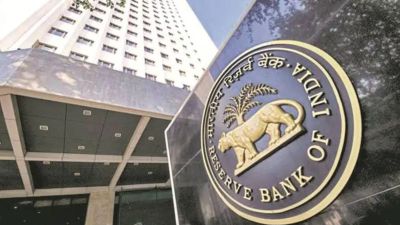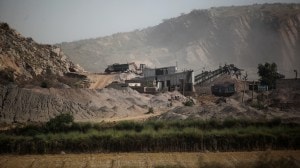Top scientists back n-liability Bill
Notwithstanding objections from opposition parties and some elements within itself,the government is preparing to push through the Civil Liability for Nuclear Damage Bill....
Notwithstanding objections from opposition parties and some elements within itself,the government is preparing to push through the Civil Liability for Nuclear Damage Bill,which seeks to define the financial liabilities of the operator of a nuclear reactor in case of an accident,in the current session of Parliament.
As it finalises the arguments to counter the criticism,the government has received support from some top scientists,including former chairman of Atomic Energy Commission Anil Kakodkar. The liability of Rs 500 crore on the operator is an optimum amount. It was important that this amount was not kept too low. I think this is the appropriate and reasonable level, said Kakodkar. He said the legislation was extremely important for the country as it would enable it to join the international support system in case of a nuclear accident. The provisions of the Bill have been finalised after detailed studies by experts and all concerns have been taken into account. I think it is quite balanced and needs to be passed in its present form, he said.
R Chidambaram,Principal Scientific Advisor to the Prime Minister,also backed the Bill. The DAE has done a very good job in drafting a fair legislation and I think the country will benefit if it is passed, he said.
DAE officials are holding regular meetings with senior functionaries in the Law Ministry to finalise point-by-point rebuttals of the criticisms see box. The government is likely to argue that the liability is for the operator and not for the supplier companies. In Indias case,the operator is public sector company Nuclear Power Corporation of India Ltd NPCIL and therefore there is no case of favouring the US companies.
Sources have told The Indian Express that the government was also likely to argue that in framing this legislation,the DAE had followed not just the Vienna Convention of 1997 but also the Convention on Supplementary Compensation CSC for Nuclear Damage of 1997,which was developed by the International Atomic Energy Agency IAEA. In addition,the fact also remains that unless India puts this law in place,no US company would supply nuclear equipment to India.
Unless you fix a cap on financial liability,no insurance company will be ready to insure your installations. Also,as of now,there is no move to allow private firms,foreign or local,to set up nuclear plants. The liability for compensation in case of any incident,which the Bill is proposing,will basically be that of the state-owned NPCIL since it would run nuclear projects in the country, said the officer.
The government also intends to tell Parliament that such a legislation is needed as the prevailing Atomic Energy Act is silent on the issue of compensation in case of any mishap. At the same time,the draft makes it clear that in case of any mishap,the operator would have to pay out the compensation without recourse to any lengthy legal battle.
- 01
- 02
- 03
- 04
- 05































